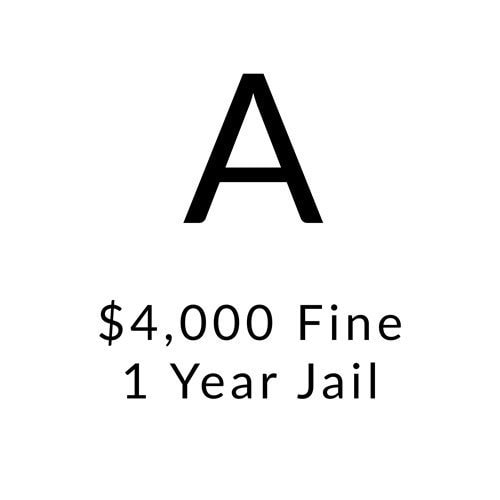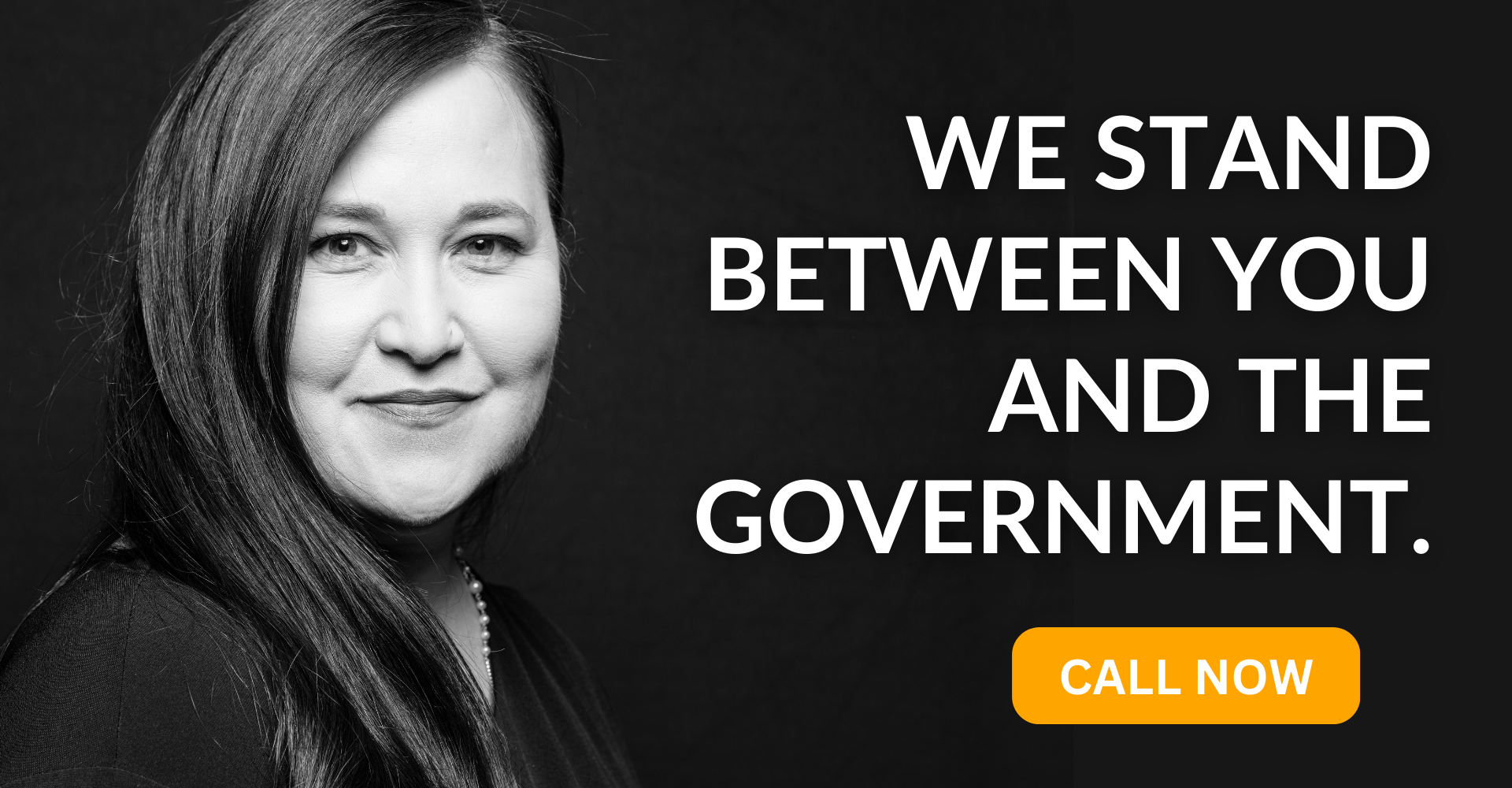Official Oppression: Misusing Or Abusing Authority In Texas
Our society entrusts police officers and public officials with a great deal of authority. To ensure they wield their power responsibly, Texas has made it a crime – called official oppression – for a public servant to use their office or position to benefit themselves or to harm another.
Examples of official impression might include an officer who lets a suspect go in exchange for a sexual favor, or a prison guard who beats or uses excessive force on a handcuffed inmate. Official oppression charges can also apply to judges, politicians, prosecutors – people in positions of power.
What is Official Oppression?
Official oppression is codified in Texas Penal Code § 39.03. The statute states that “A public servant acting under color of his office or employment commits an offense if he” does one of the following:
(1) intentionally subjects another to mistreatment or to arrest, detention, search, seizure, dispossession, assessment, or lien that he knows is unlawful;
(2) intentionally denies or impedes another in the exercise or enjoyment of any right, privilege, power, or immunity, knowing his conduct is unlawful; or
(3) intentionally subjects another to sexual harassment
How is official oppression prosecuted?
When drafting this law, Texas legislators wanted to give police, prosecutors, judges, and other public officials enough leeway to fulfill their duties without constant fear of being prosecuted.
There are two elements of subsection 1 and 2 that can make prosecution especially difficult: The official’s actions must be done “intentionally” and he or she must know what they are doing is “unlawful.”
In this context, intentionally means that the conduct or the result of the conduct was the conscious objective or desire of the official and not simply a byproduct. Additionally, these subsections require that the defendant knows that their actions were against the law.
This begs the question, Why does the official have to know that their conduct is against the law — when ignorance of the law is no excuse for breaking it?
For example, officers often act with imperfect knowledge of the law and may, at times, intentionally arrest, detain, or search someone unlawfully, but at the time they were acting in good-faith and did not believe their actions were unlawful.
The law does not want to make those activities criminal under this statute. Instead, the law wants to ensure that those who are convicted knew what they were doing was wrong and they did it anyway.
What are the most common defenses for official oppression?
The most common defense for official oppression is that the officer or official was acting in good-faith and they thought their actions were legal at the time. With “intentionally” and “knowingly unlawful” coupled together, only the most egregious offenses can be successfully prosecuted without the official confessing to their intent or knowledge.
An example of the difficulty this statue presents for prosecutors is the case of Ross v. State, 543 S.W.3d 227 (Tex. Crim. App. 2018). In this case, Rebekah Ross, an investigator with Child Protective Services, received an “Order in Aid of Investigation” to check a mobile home for an infant who was reportedly born in the residence days earlier to a drug-addicted mother without medical treatment. After forcibly entering the home and not finding the newborn baby or anyone else, she instructed deputies to flip a mattress and search kitchen cabinets and drawers. The search was outside of the scope of her duties to look for an infant and, therefore, illegal – so much so that a fellow CPS official reported it.
Ross was originally convicted of the offense, but the conviction was reversed by the highest court in Texas because, according to the Court of Criminal Appeals, the “State’s evidence was insufficient to prove beyond a reasonable doubt that Ross knew her conduct was unlawful.” The State had witnesses who testified to the standard training on legal searches and what they would have done, but according to the Court, this evidence was insufficient to prove beyond a reasonable doubt that Ross knew her conduct was illegal. By design, this is the fate for many of the cases under subsection (1) and (2).
How does official oppression stem from sexual harassment allegations?
Cases that fall into the third category of official oppression – intentionally subjecting another to sexual harassment – does not require the same elements, however. In the official oppression statute, sexual harassment is defined as unwelcome sexual advances, requests for sexual favors, or other verbal or physical conduct of a sexual nature, submission to which is made a term or condition of a person’s exercise or enjoyment of any right, privilege, power, or immunity, either explicitly or implicitly. In these cases, knowing the conduct is illegal is not an element.
Instead, the most common legal issue arising out of sexual harassment official oppression cases is whether the defendant was acting under their official capacity.
For example, in 1985, a Texas mayor was convicted of official oppression after he used a badge to pose as a vice officer to enter an after-hours strip club without paying and later threatened to arrest a topless dancer. His conviction was later overturned, however, after a high court ruled he was not acting in his own official capacity as mayor.
What is the Punishment for Official Oppression?

Regardless of which subsection an official is charged with violating, official oppression is generally a Class A misdemeanor, punishable by up to a year in jail and a $4,000 fine.
However, official oppression can be punished as a third-degree felony, punishable by 2 to 10 years in prison, if the public servant acted with the intent to impair the accuracy of data reported to the Texas Education Agency through the Public Education Information Management System (PEIMS).
It’s important to understand that the charge of official oppression can have life-long professional ramifications, including loss of license and employment. If you or a loved one is facing criminal charges stemming from your official duty, you need a skilled defense attorney at your side. Our team includes former prosecutors and board certified attorneys with decades of experience and a proven track record of success. Call (817) 203-2220 today for a complimentary strategy session.






